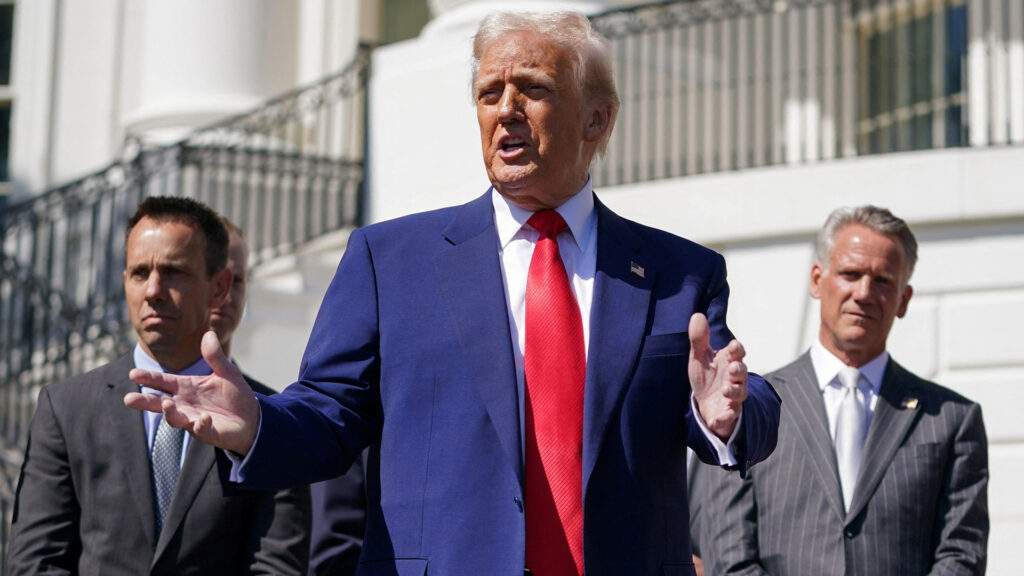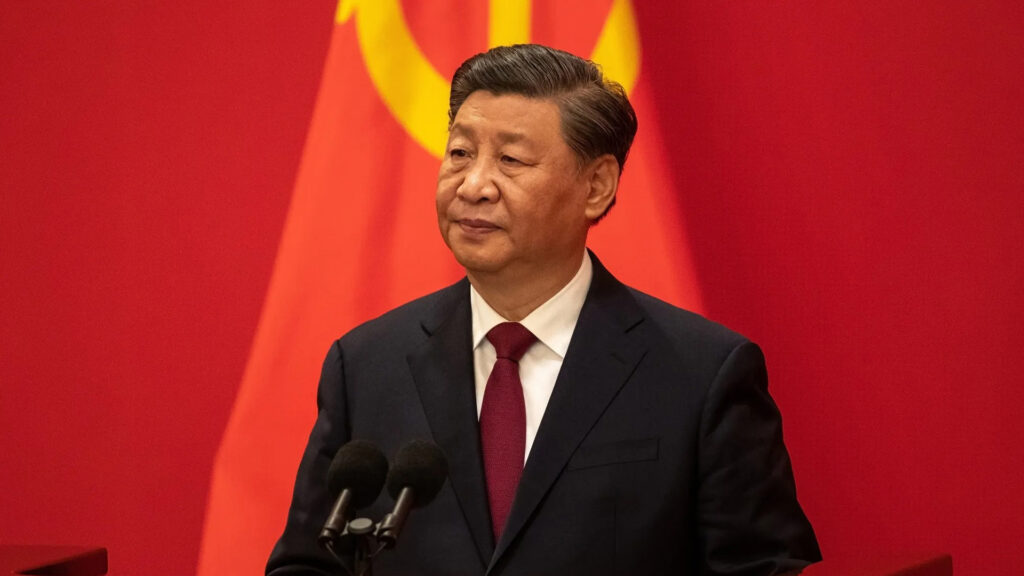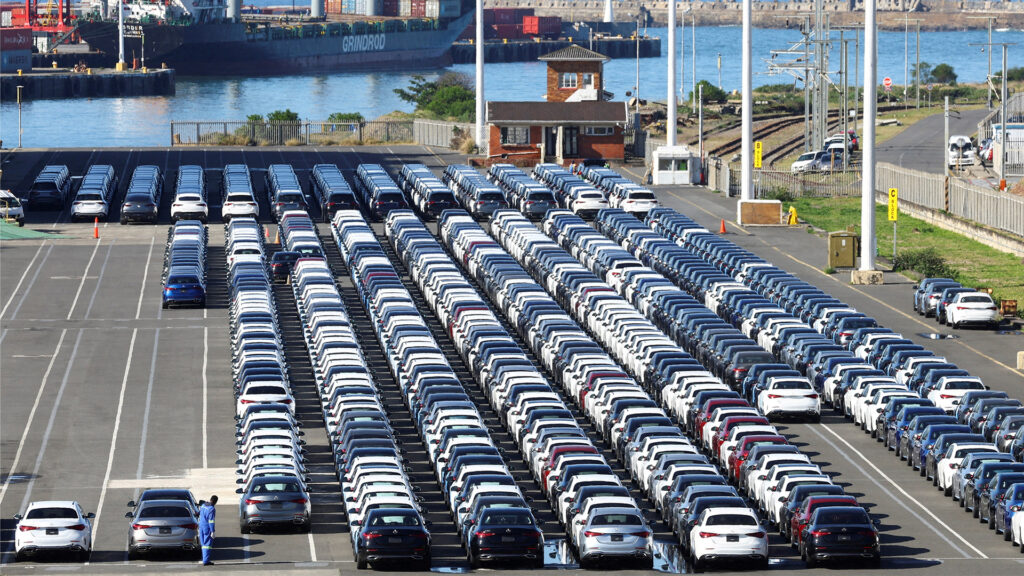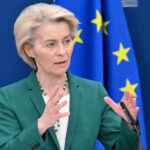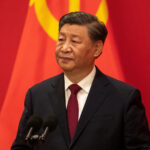In a moment that stunned both markets and the media, President Donald Trump announced a 90-day pause on new global tariffs shortly after initially warning nations to “be cool.”
The sudden shift came after a week of bold trade actions that had escalated economic tensions with China and other trade partners. Trump, speaking candidly in a public Q&A, explained his thinking behind the move: economic leverage, global respect, and loyalty to American strength.
Highlights
- Trump announces a 90-day pause on tariffs for non-retaliating countries
- China singled out for retaliating, now faces a 125% tariff
- Over 75 nations in talks with U.S. on new trade agreements
- Markets react with volatility but see renewed optimism from allies
- Trump calls trade imbalance with China “unsustainable”
A Strategy of Strength and Leverage
President Trump clarified that the tariff pause was not a retreat but a calculated move rooted in the art of the deal. According to Trump, global markets were getting “yippy,” and countries needed a reminder that U.S. leadership demands respect.
The 90-day pause applies only to nations that did not retaliate against the U.S. tariff wall enacted during his recent “Liberation Day” speech.
“If you retaliate, we’re going to double it,” Trump warned, citing China’s misstep in doing so.
China’s $1 Trillion Trade Imbalance
Trump reiterated that China made $1 trillion off the U.S. last year, calling it “the biggest abuse in history.” His administration has flipped that narrative, claiming America is now earning $2 billion a day in trade flow improvements.
He further stated, “If we didn’t do this, you wouldn’t have a country. It wouldn’t be sustainable.”
Trump’s reference to Charles Schwab, who supported his moves, underscored a broader point: even financial elites have long waited for a president to challenge China’s unchecked trade dominance.
Negotiations Underway with 75+ Nations
More than 75 countries have contacted the U.S. government—from Congress to Treasury to the Department of Commerce—seeking new trade terms under this recalibrated structure. Trump noted that many want to meet “here” or through official channels.
This surge in diplomatic outreach demonstrates that global players prefer access to American markets and are willing to negotiate fair terms to avoid further penalties.
The Human Element of the Trade War
While China remains the central actor, Trump acknowledged cultural pride and leadership dynamics, saying:
“China wants to make a deal. They just don’t know quite how to go about it… President Xi is a proud man.”
His statement highlights the complex nature of geopolitics where strategy, nationalism, and diplomacy collide.
Business and Market Implications
Financial analysts were initially unsettled by the rapid shifts. However, Trump insisted the volatility was necessary for long-term gain:
“I think our country is going to have something that nobody would have dreamt possible.”
Industry insiders, including logistics and manufacturing leaders, are beginning to adjust supply chains in anticipation of a new trade architecture.
A Warning and a Window
The 90-day tariff pause offers allies a window of opportunity to craft bespoke deals. The message is simple: align with U.S. trade interests or face higher costs.
Countries that retaliate, like China, face escalating tariffs, while those who approach in good faith are offered favorable terms.
Industry Insight: The Rebirth of American Industrial Policy
This phase marks a revival of American industrial assertiveness, with conservative economic voices applauding the return to reciprocity and realism in trade policy. It’s a decisive break from decades of globalist appeasement that hollowed out domestic industries.
Learn more about the U.S.-China trade imbalance Follow Treasury trade policy updates Watch full Q&A
Conclusion: Decisive Leadership in an Era of Trade Realignment
President Trump’s decision to issue a 90-day tariff pause for compliant nations while doubling down on China reveals a leadership style rooted in strategic leverage. Whether one views it as brinkmanship or brilliance, this approach is redefining the global trade conversation.
As the world scrambles to adapt, America’s stance is clear: play fair or pay more.
